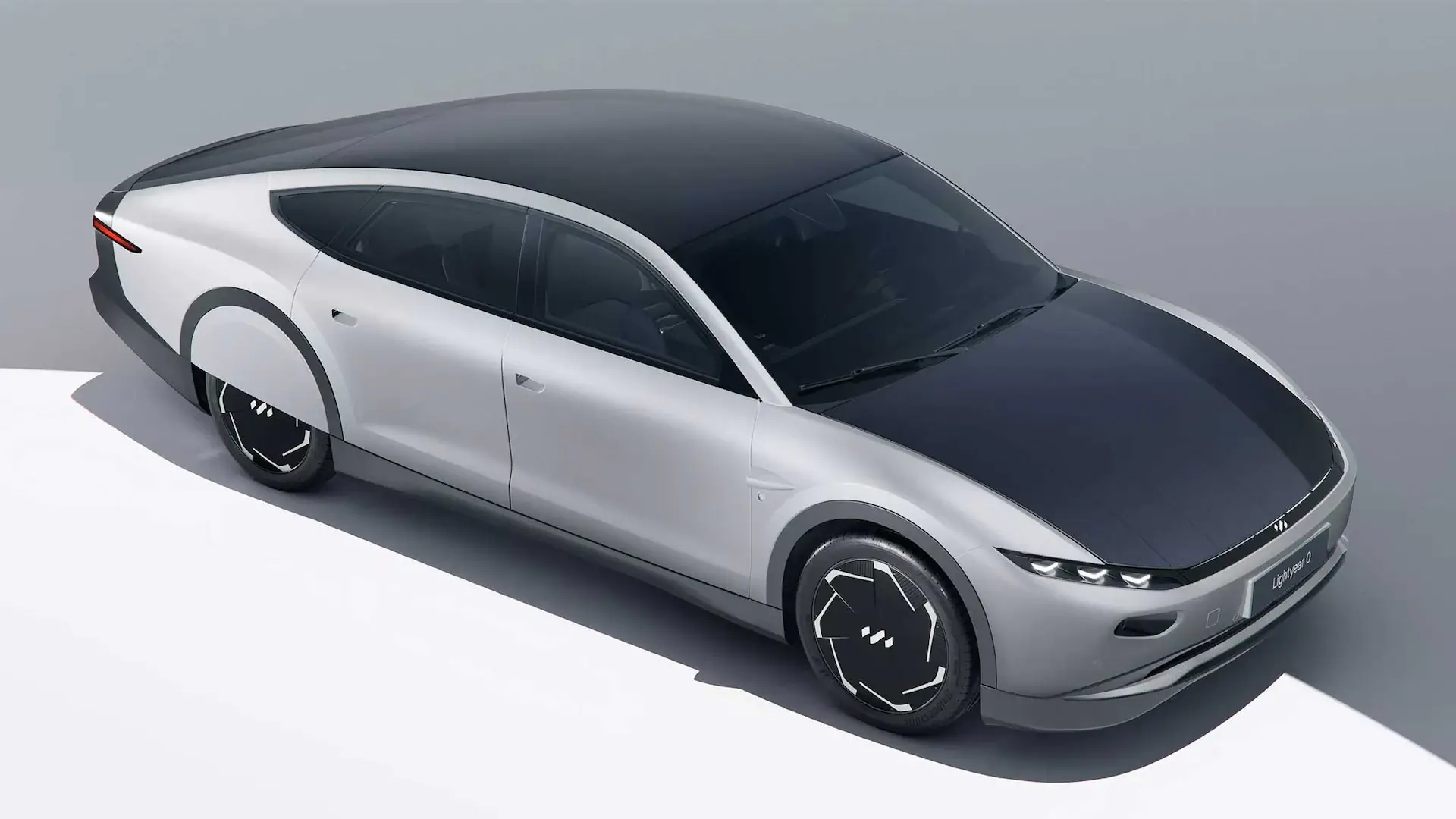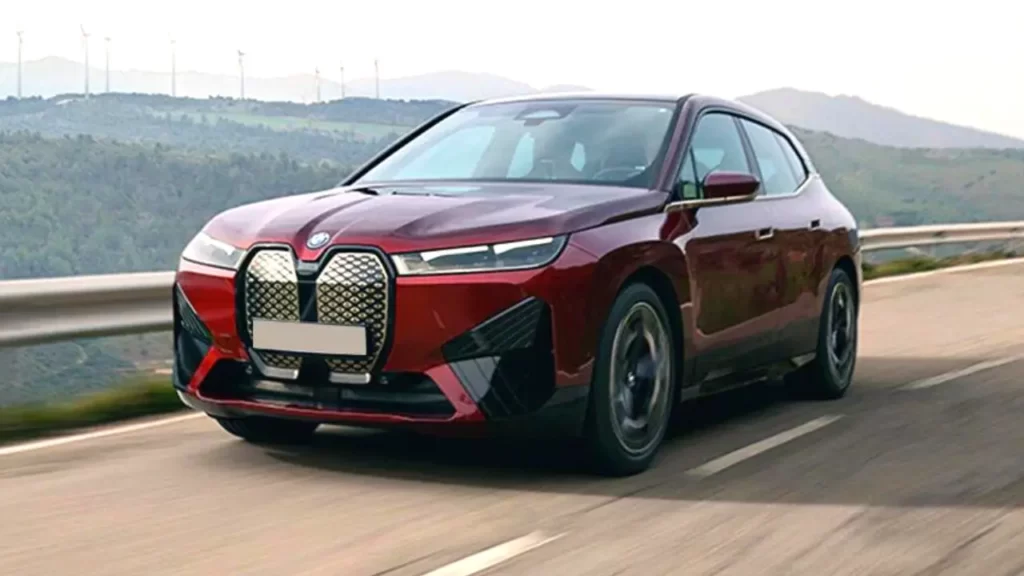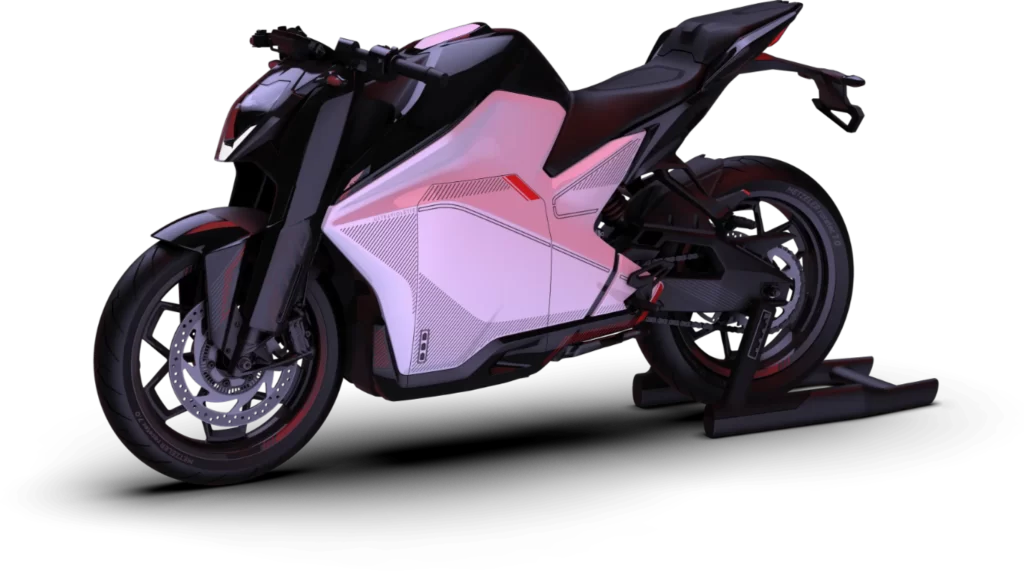When it comes to electric cars, most people don’t know that an Electric Vehicle can charge itself by using multiple features. With this Self Charging feature, an EV can charge itself while driving it or not.
So, here in this blog, we will provide you with all the information on self-driving vehicles including how it works, their type, the pros and cons of self-charging EVs, and finally the list of best self-charging electric cars which are available in the market or upcoming in the future.
What is Self Charging electric car?
Before moving on to working on a Self Charging electric car let’s know what is a self-charging electric car.
The ability of an electric car that can Self Charge itself without connecting it to an external EV charger. Now there are different ways to self-charge an electric car which we mentioned below in this article.
So, stick till the end of this article to know all details of these Self-Charging EVs.
Types of Self Charging electric cars
Here are mainly 3 types of electric cars in the market that can charge themself. But the common self-charging feature that is now an all-electric car is Regenerative Breaking. Where an EV can recharge itself while applying a break.
- Solar EV
- Hybrid EV
- Fuel Cell EV
Solar EV
The first and most popular way to not only self-charge an electric car but from this Solar Cells can charge anything which needs electricity to run or operate.
Right now we don’t think that anybody needs to know hoes do Solar cells work. So, the Solar Cells which are attached to an Electric Vehicle also work the same as any Solar Light works.
So, in this method, mostly the top of an Electric Car is made up of a layer of Solar Cells that generate Electricity while the Car is in light or under the sun.
Right now there are mainly 2 companies that build Solar Electric cars, Aptera, and Lightyear, where the Solar EVs built by these companies can go up to 1600 km (1,000 miles) on a single charge with the help of both Solar and battery charge.
Also Read: Electric car maintenance cost in India 2023
Hybrid EV
Now Hybrid EVs are not fully self-charging electric cars as a Solar electric car can charge itself. So, Hybrid EVs or Hybrid electric cars it has an Internal Combustion engine and an Electric Motor powered by a battery.
And now the power output of this car is made by both engine and motor, Where the primary power is produced by the petrol engine and the rotating power of the engine also rotates the alternator which generates the electricity which charges the battery.
Now this charged battery powers the motor, from this combination of engine and a motor with battery produces electric energy which we can consider as Self Charging electric car.
Also, there is a Plugin Hybrid EV also available in the market where this Plug-in Hybrid EV battery can be charged manually by an external EV charger.
But this Plug-in Hybrid EV can charge itself like a Hybrid EV and also can be charged manually.
Now the best example of a Hybrid EV is Toyota Prius and an example of a Plug-in Hybrid EV is the BMW 330e.
Fuel Cell EV
The working of a Fuel Cell EV is just like the Hybrid EV, but the difference in this EV is it has a Fuel Cell engine that powers the battery and motor.
And the battery and the motor work the same as any other EVs. Now the special feature of this Fuel Cell EV is it uses Hydrogen so it is also a zero-emission vehicle like an all-electric vehicle.
The best example of a Fuel Cell EV is Toyota Mirai, and this Toyota Mirai can go up to 646 km (402 miles) from a full tank.
Pros and Cons of Self Charging electric cars
Here are the some of pros and cons of self-charging electric cars.
| Pros | Cons |
|---|---|
| Generate free energy | Less energy can be generated |
| Free extra Range | Cansist energy cannot be generated |
| Less Expensive | In Fuel Cell EVs Hydrogen fuel is not available at every location |
| This type of EVs a little expensive |
best Self Charging Electric cars
Here are some of the best self-driving electric cars based on the self-charging features which are mentioned above.
Aptera Solar EV

| Price | Rs 20 lakhs to 37 lakhs ($25,000-$46,000) |
| Battery | 25-40-60 and 100kWh battery |
| Range | Upto 1,600 km (1,000 miles) |
| Horsepower | 110hp |
| Top Speed | 177 km/h |
Lightyear 0

| Price | Rs 1.6 Cr ($200,000) |
| Battery | Around 100kWh battery |
| Range | Upto 1,600 km (1000 miles) |
| Horsepower | 170hp |
| Top Speed | 130mph |
Toyota Prius

| Price | Rs 20 lakhs ($25,000) |
| Battery | 8.8 kWh |
| Range | 64 km (40 miles) range from battery |
| Horsepower | 194hp |
| Top Speed | 106mph |
BMW 330e

| Price | Rs 69 lakhs ($43,000) |
| Battery | 7.6 kWh battery |
| Range | 35 km (22 miles) from battery |
| Horsepower | 420hp |
| Top Speed | 155mph |
Toyota Mirai

| Price | Rs 60 lakhs ($51,000) |
| Battery | 1.4 kWh |
| Range | 502 km (312 miles) |
| Horsepower | 170hp |
| Top Speed | 111mph |
FAQs of Self Charging electric cars
What is the best self-charging electric car?
Can an electric car charge while driving?
Do you ever have to charge a self-charging car?
Conclusion
From this self charging ability the electric vehicles can be more efficient and need less charging due to its self charging ability. Overall EVs are just been becoming more practical to use so in future there may electric cars which could self charge it self without any extra charge.


